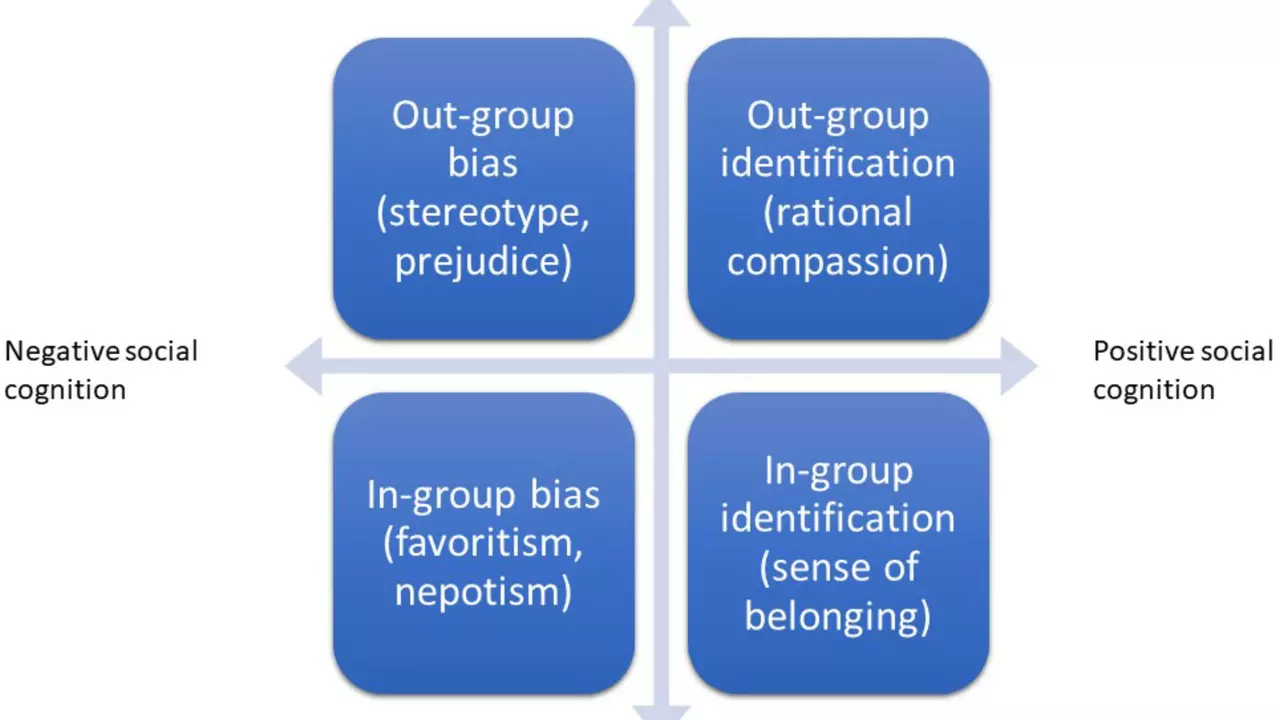SEARCH
Infancy Development Essentials for New Parents
Wondering what to expect as your baby grows? The first year is a whirlwind of changes, from the first smile to those wobbly steps. Knowing the basics helps you feel confident and keep your little one on track.
Key Milestones in the First Year
Most babies hit similar milestones, but every child moves at their own pace. By two months you’ll notice more eye contact and cooing sounds. Around four to six months, rolling over becomes a game, and many start reaching for toys.
The big one—sitting up without support—usually shows up between six and eight months. Crawling follows soon after, giving your baby a whole new way to explore the world. By twelve months, most kids can stand briefly and maybe take their first steps.
Keep a simple log of these moments: date, what they did, and any new reactions. This record is handy for pediatric visits and lets you see patterns without stress.
Keeping Your Baby Safe With Medications
When it comes to meds, less is more. Always check with your doctor before giving anything beyond vitamins or prescribed prescriptions. Many over‑the‑counter products marketed for babies can contain ingredients that aren’t safe for infants.
If a fever spikes above 100.4°F (38°C) and your child is under three months old, call the pediatrician right away—don’t self‑medicate. For older babies, acetaminophen or ibuprofen may be recommended, but follow dosing instructions strictly by weight.
Store all medicines out of reach and in original containers. A child‑proof lock on cabinets adds an extra layer of safety. When you do need to give a dose, use the exact syringe or dropper that came with the medication; kitchen spoons aren’t accurate.
Beyond meds, watch for signs of allergic reactions: rash, swelling, or breathing trouble after introducing new foods. Acting fast can prevent serious issues.
Balancing nutrition, sleep, and play is the foundation of healthy development. Offer breast milk or formula as the main source of nutrition for the first six months, then gradually introduce pureed fruits, veggies, and iron‑rich cereals.
Sleep patterns change quickly too. Newborns nap often; by three months many start sleeping longer stretches at night. Establishing a consistent bedtime routine—soft music, dim lights, gentle rocking—helps signal that it’s time to rest.
Play isn’t just fun; it’s learning. Simple games like peek‑a‑boo teach object permanence, while tummy time builds neck and shoulder strength. Keep sessions short but frequent, especially when your baby seems fussy.
If you ever feel unsure about a milestone or health concern, reach out to your pediatrician. They can reassure you or spot issues early, making sure your baby stays on a healthy path.
Infancy development is a mix of predictable steps and surprise moments. By staying informed, tracking progress, and keeping safety first, you give your child the best start possible.

The Impact of Screen Time on Infancy Development
In today's digital age, the impact of screen time on infancy development has become a major concern for parents and experts alike. From my research, I found that excessive screen time can lead to delayed language development, poor sleep patterns, and reduced social interaction. However, when used in moderation, screen time can offer educational benefits and promote cognitive development. As a parent, it's crucial to find the right balance and ensure quality content when exposing our little ones to screens. Remember, our guidance and interaction play a significant role in their overall development.
Continue reading